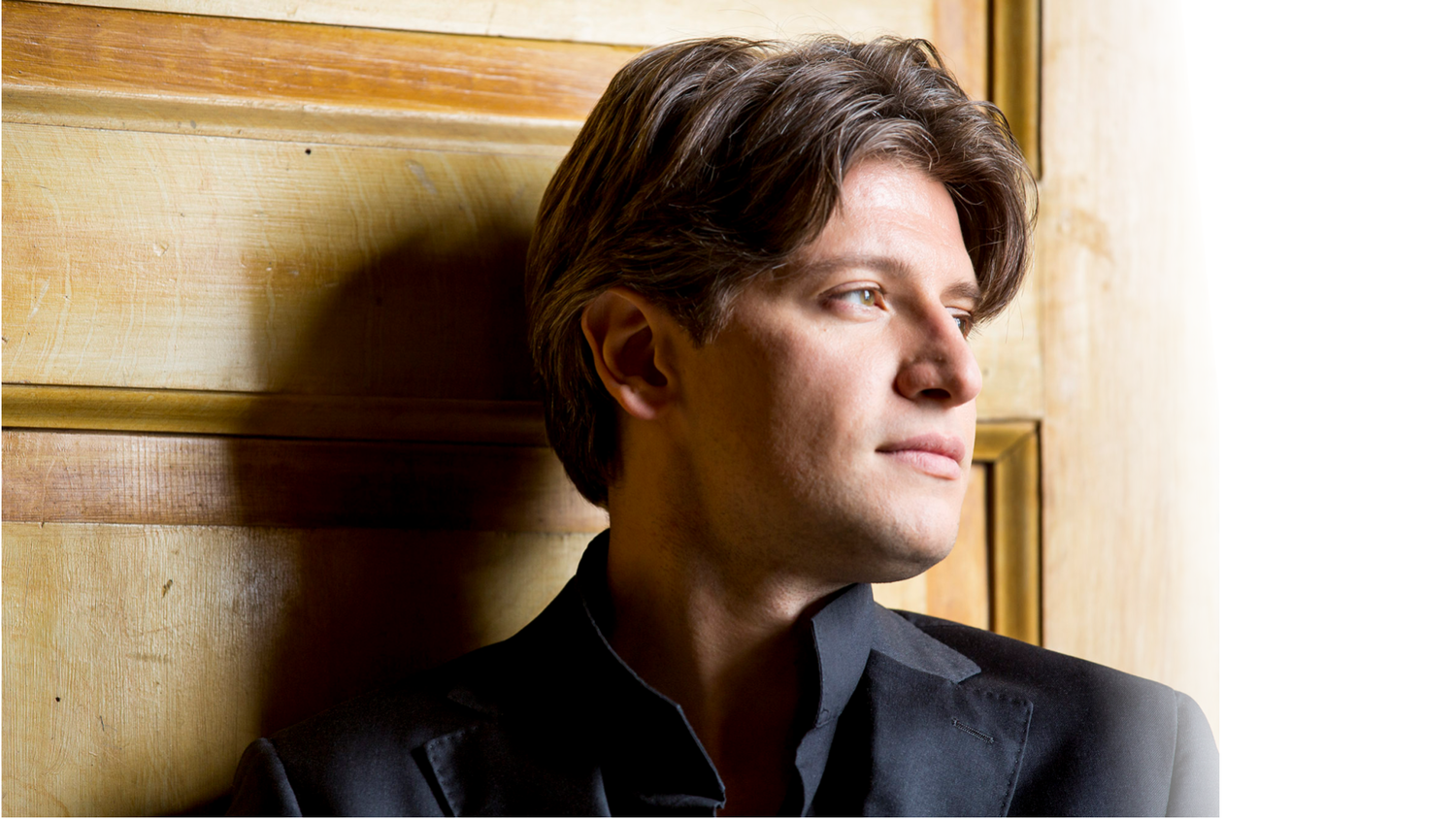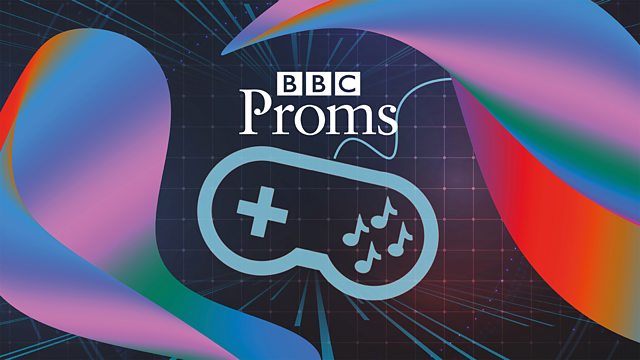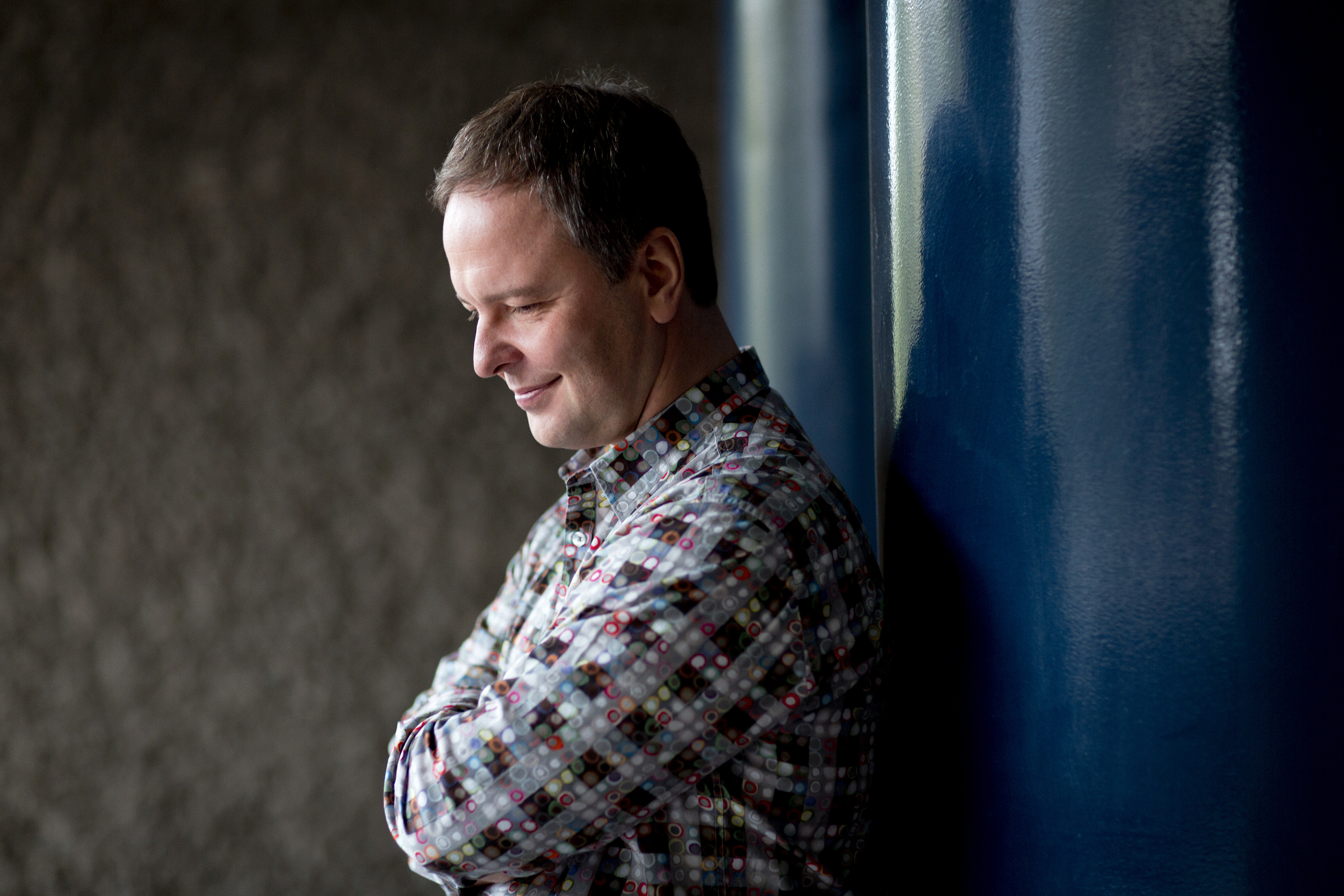WILLIAM McCLELLAND – WHERE THE SHADOW GLIDES: Songs, Solo Piano & Choral Works
KRISTA RIVER, mezzo-sop THOMAS MEGLIORANZA, baritone
DONALD BERMAN & BLAIR McMILLEN, piano DAVID ENLOW, organ
THE NEW YORK VIRTUOSO SINGERS, HAROLD ROSENBAUM, conductor
NAXOS 8.559906 72’59
This ‘American Classics’ release from Naxos shows a composer writing expressively and for different forces. All the works here are inspired by a wide-ranging selection of poetry, dating from 1st C BC to recent decades. The longest pieces here are the three choral works, Caedmon’s Hymn, Hail Lovely & Pure and These Last Gifts together with Five for Piano.
This will repay many playings, especially if following the well produced booklet with accompanying texts and background.
PETER BOYER – BALANCE OF POWER: Orchestral Works
LONDON SYMPHONY ORCHESTRA, PETER BOYER, conductor
NAXOS 8.559915 59’12
Containing a number of recent works by one of America’s leading orchestral composers there are many premiere recordings here in what may be assumed to be definitive performances under the composer’s direction. Much of this music is distinctly American and has soundtrack-like qualities, whether in the more reflective Rolling River (Sketches on Shenandoah) and Elegy or in the rousing Curtain Raiser and slowly building In the Cause of the Free. An interesting item is Fanfare for Tomorrow composed for Joe Biden’s inauguration as President. Great stuff!
ROBERT FARNON – BRITISH LIGHT MUSIC 9
SLOVAK RADIO SYMPHONY ORCHESTRA, ADRIAN LEAPER, conductor
NAXOS 8.574323 64’15
This series continues in good form with a re-issue of a Marco Polo recording spotlighting the work of the prolific Robert Farnon. Many favourites are to be found hear including Portrait of a Flirt, The Peanut Polka, The Westminster Waltz, Colditz March and State Occasion. Of music new to me I particularly enjoyed the laid back cocktail piano and strings of Little Miss Molly.
EDWARD GREGSON – CHAMBER MUSIC
NAVARRA QUARTET & SOLOISTS
NAXOS 8.574223 67’04
A lovely programme of world premiere recordings of music by a composer known primarily for his band music and concertos. Throughout there is much to interest. Music of emotion and character as well as some unusual additional timbres to the string quartet.
CESAR GUERRA-PEIXE: SYMPHONIC SUITES 1 & 2
GOIAS PHILHARMONIC ORCHESTRA, NEIL THOMSON, conductor
NAXOS 8.573925 58’29
I continue to enjoy the releases in this Music of Brazil series from Naxos. Here we have music from a versatile composer whose music is often exuberant, drawing on his native musical traditions and skilfully deploying his orchestral resources. The 2 Suites are coupled with Roda de Amigos (Circle of Friends), the latest work to be included here.
KEMAL BELEVI: CYPRIANA – WORKS FOR VIOLIN & GUITAR
SILVIA GRASSO, violin, LIVIO GRASSO, guitar
NAXOS 8.579104 63’29
The title work draws heavily on Belevi’s roots in Cyprus and much of the other music on this CD also has a Mediterranean colour. Some of the works here have been rearranged to be played by the combination of violin and guitar, whilst others were originally conceived in that form.
OLIVIER MESSIAEN: LES OFFRANDES OUBLIEES – POEMES POUR MI – CHRONOCHROMIE
SARAH LEONARD, soprano, ORF VIENNA RADIO SYMPHONY ORCHESTRA
MICHAEL GIELEN, conductor
ORFEO C250131 58’41
This is a marvellous programme of significant works from this giant of the 20th Century. Deeply spiritual, this music looks at emotional responses to human relationships and the wider universal experience of time, sound and colour.
EVOCATIONS – CONTEMPORARY ORGAN MUSIC
CHRISTIAN VON BLOHN, Great (West) organ of Magdeburg Cathedral
NAXOS 8.579122 58’48
It is always pleasing to see new releases of relatively recent organ repertoire. Here we have some wonderful performances of a range of music from contemporary composers. The earliest work (Annum per annum by Arvo Part) dates from 1980 with the latest being the performer’s own Dialogue vers les etoiles (2021). There is also another large scale work by Barry Jordan (Praise Song) Sternenklange by Theo Brandmuller and Thierry Escaich’s Evocation II. Much of this music is brash and forthright but there are also some more reflective moments.
ORGAN MUSIC IN TRENTO IN THE TIMES OF COUNT MATTEO THUN
SIMONE VEBBER, Organ of Chiesa di San Cristoforo, Pomarolo
TACTUS TC 770001 68’10
Whilst the concept of this CD might seem rather obscure it does provide opportunities to hear music from a range of unfamiliar composers and gives a fascinating insight into the Italian organ repertoire of the time. Some of the music is composed according to the traditional structures of the Sonata and the Toccata. Other music has freer forms and rhythms and harmonies similar to those we know from Lefebure-Wely. Much to discover here.
JOHANN PACHELBEL: ORGAN WORKS VOL 2
MATTHEW OWENS, Aubertin organ (2015), private residence, East Sussex
RESONUS RES10303 76’20
This second volume in the series brings further fine performances from Matthew Owens on an interesting organ. Chorale preludes and the Chorale Partita: Christus, der ist mein Leben make up much of this volume. There is also a Toccata and a Fugue (both in D major) and a set of Magnificat Fugues.
JOHN FREDERICK LAMPE: THE DRAGON OF WANTLEY
MARY BEVAN, CATHERINE CARBY, MARK WILDE, JOHN SAVOURNIN
THE BROOK STREET BAND, JOHN ANDREWS, conductor
RESONUS RES10304 1’47:56 (2 CDs)
This is brilliant! I had never heard of this spoof on the opera of Handel’s day, praised by Handel himself. English composer Lampe, together with librettist Henry Carey composed this amusing piece in 1737. Brought back to life by combining and editing the two surviving different versions of this work the musicians do a great job in this world premiere professional recording. There is something very satisfying about hearing lines like these sung in Handelian style- “A dismal noise was heard within the Hall./Away they flew, the dragon scar’d them all./He drank up all their coffee at a Sup/And next devour’d their toast and butter up.”
OSCAR SHUMSKY PLAYS MOZART
OSCAR SHUMSKY, violin, ERIC SHUMSKY, viola
SCOTTISH CHAMBER ORCHESTRA, YAN PASCAL TORTELIER, conductor
BIDDULPH 85014-2 51’65
A re-release of this recording from 1985, one of the first digital recordings ever made and previously only available on LP. Featuring Oscar Shumsky’s own cadenzas in the Violin Concerto No 3 and father and son pairing in the Sinfonia Concertante this is an interesting release for those interested in historical recordings.
NATHAN MILSTEIN: ARMED FORCES STUDIO RECORDINGS
NATHAN MILSTEIN, violin VALENTIN PAVLOVSKY, piano
BIDDULPH 85015-2 72’50
This is a compilation of a number of mono recordings of a performer regarde as one of the greatest 20th Century violinists. Violin Sonatas by Vivaldi and Brahms are joined with a number of popular arrangements including Rimsky-Korsakov’s Flight of the Bumble Bee, Faure’s Apres un Reve, Schubert’s Ave Maria and the Meditation from ‘Thais’ by Massenet. There are also two virtuoso works by Wieniawiski.
CHARLES KOECHLIN – SEVEN STARS’ SYMPHONY
SINFONIEORCHESTER BASEL, ARIANE MATIAKH, conductor
CAPRICCIO C5449 56’32
This is a very interesting and enjoyable recording. The Seven Stars of the title piece, written in 1933, are not constellations but ‘stars’ of the entertainment world including Douglas Fairbanks, Greta Garbo, Merlene Dietrich and Charlie Chaplin. Brilliantly chosen timbres (including ondes martenot – hurray!) with shifting harmonies and exotic melodies abound. The work is coupled with an orchestral nocturne, Vers la Voute Etoilee (1939)
SP
 The Ulster Orchestra under Daniele Rustioni, making his Proms debut, were set a tricky challenge: an hour and half of available playing time, without interval. They filled this with a programme of broadly associated works, inasmuch as all were German and Romantic, but an eclectic selection for all that.
The Ulster Orchestra under Daniele Rustioni, making his Proms debut, were set a tricky challenge: an hour and half of available playing time, without interval. They filled this with a programme of broadly associated works, inasmuch as all were German and Romantic, but an eclectic selection for all that.
 One of the underlying objectives of the Proms, from the earliest days, has been to make music accessible to people from a variety of backgrounds, breaking down barriers that may exist and ultimately creating a larger audience for ‘classical’ music in general. Recent years have seen the introduction of more specialised proms bringing in different musical genres and crossovers from popular, folk and film music. This particular prom was the first given over entirely to music exclusively written for the ever expanding games market. As the title might suggest this was an attempt to highlight a variety of music written across the last few decades, from the earliest games, where computer generated sound was exciting but severely limited, to the seemingly unlimited potential of the latest technology.
One of the underlying objectives of the Proms, from the earliest days, has been to make music accessible to people from a variety of backgrounds, breaking down barriers that may exist and ultimately creating a larger audience for ‘classical’ music in general. Recent years have seen the introduction of more specialised proms bringing in different musical genres and crossovers from popular, folk and film music. This particular prom was the first given over entirely to music exclusively written for the ever expanding games market. As the title might suggest this was an attempt to highlight a variety of music written across the last few decades, from the earliest games, where computer generated sound was exciting but severely limited, to the seemingly unlimited potential of the latest technology.
 The UK premiere of Mark Adamo’s 1998 two act opera was an interesting event. It sits well with Opera Holland Park’s policy of mixing the very well known work with the much less familiar within a single season and features some talented singers at various stages of their careers. It was also good to see the composer there, clearly moved by this account of his work.
The UK premiere of Mark Adamo’s 1998 two act opera was an interesting event. It sits well with Opera Holland Park’s policy of mixing the very well known work with the much less familiar within a single season and features some talented singers at various stages of their careers. It was also good to see the composer there, clearly moved by this account of his work.